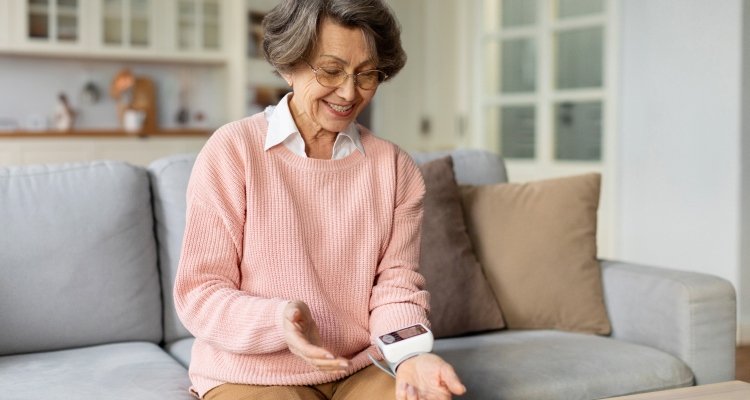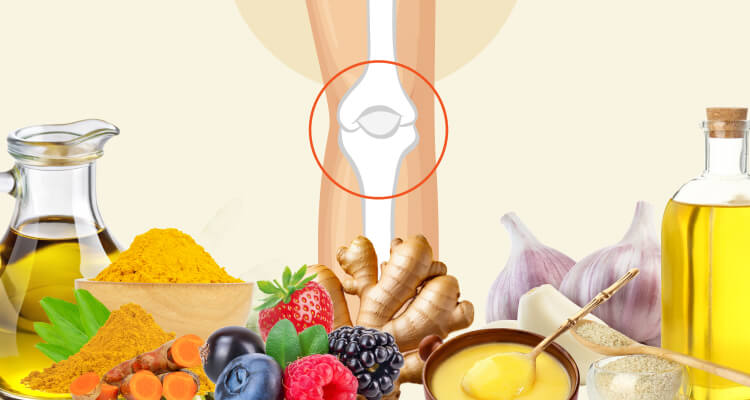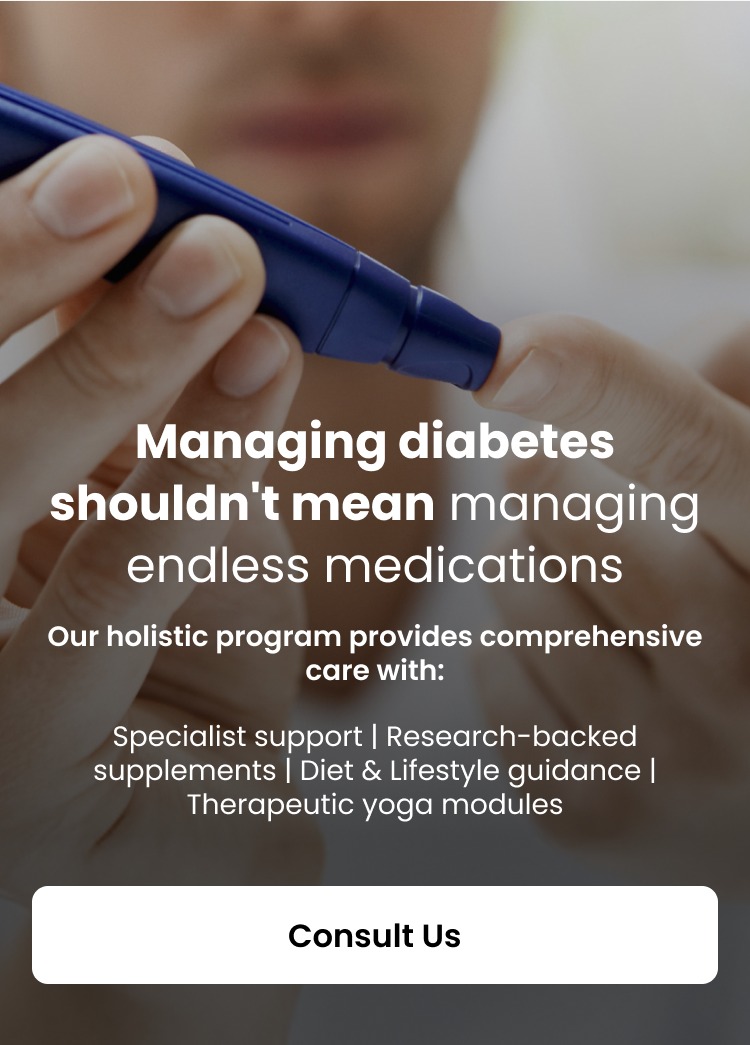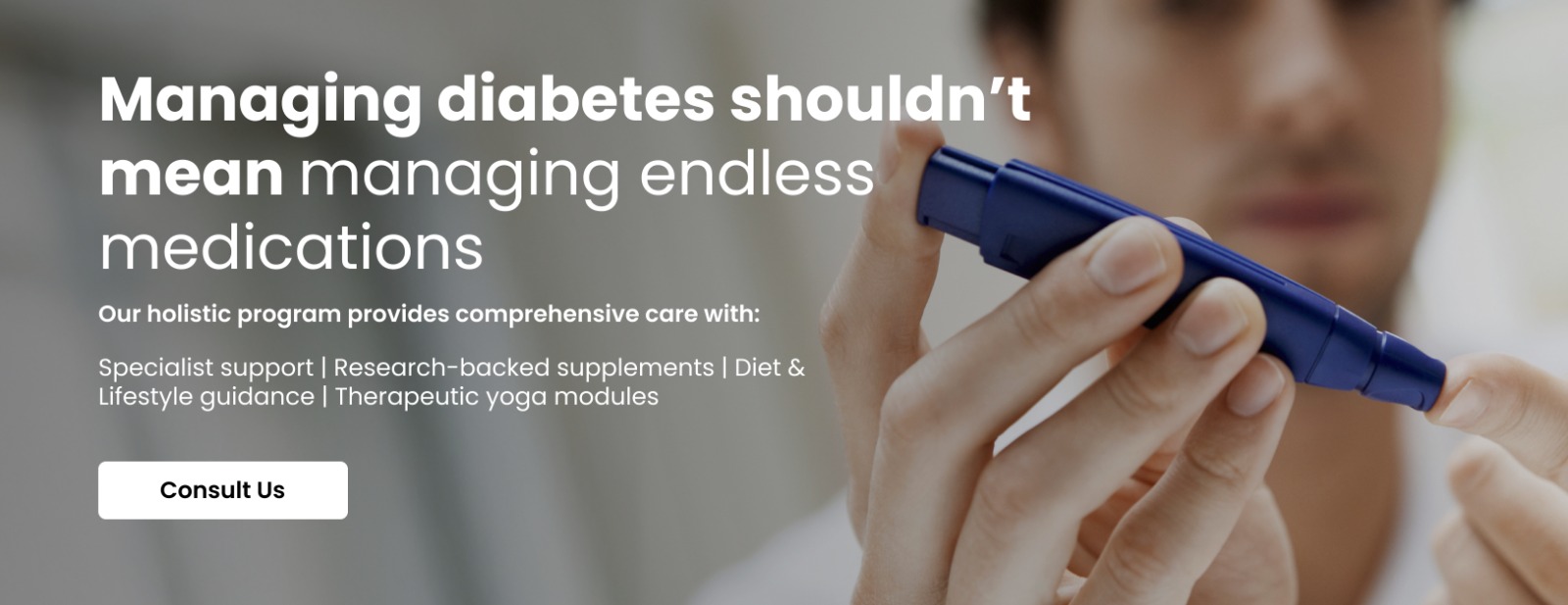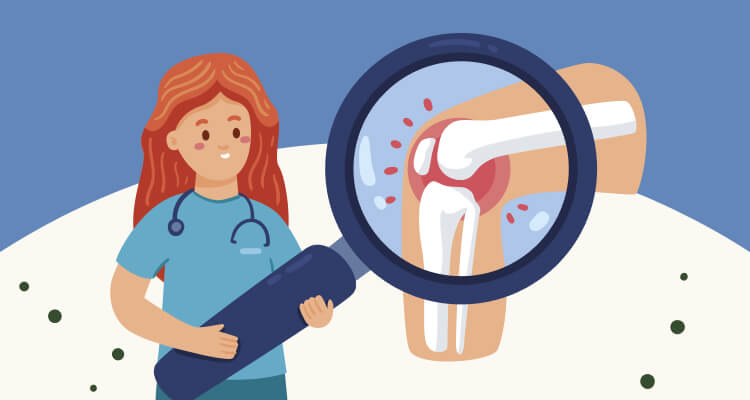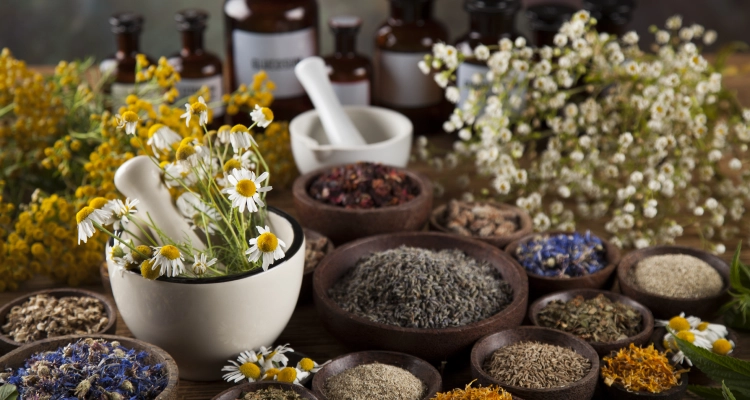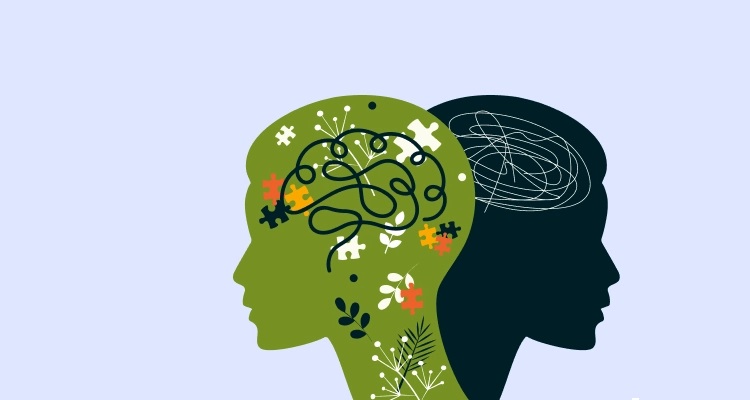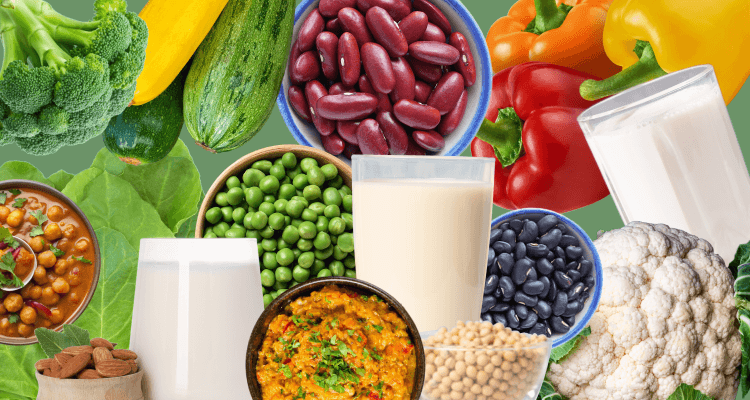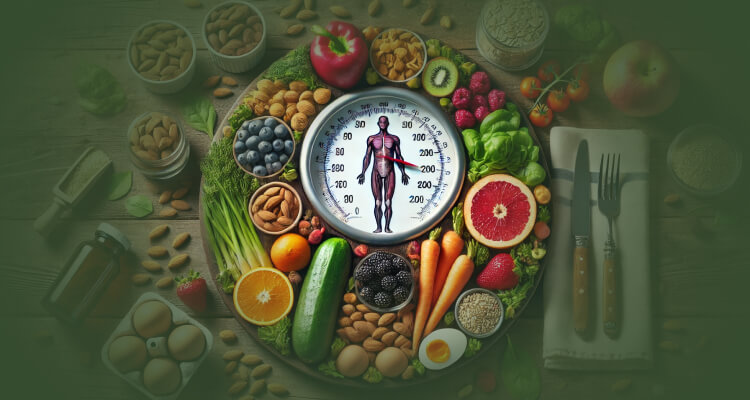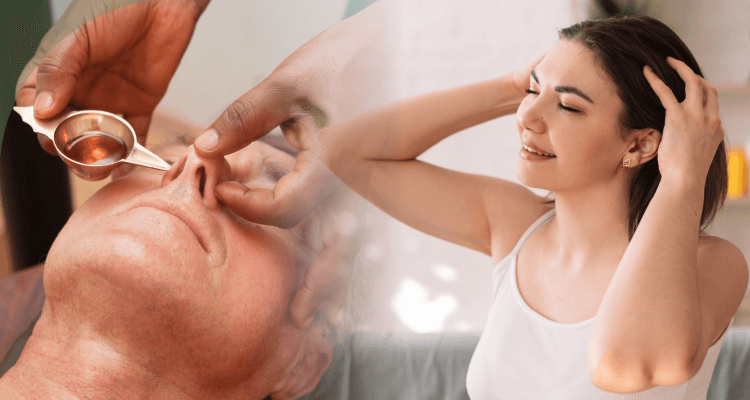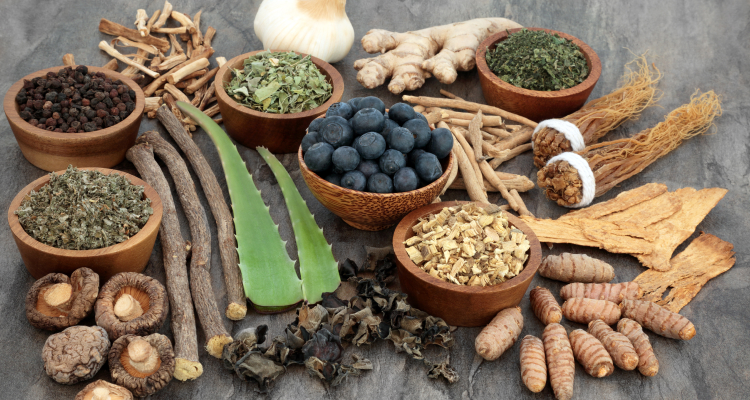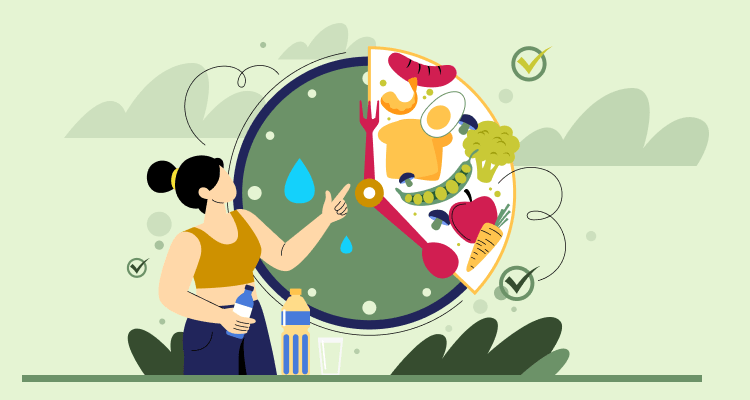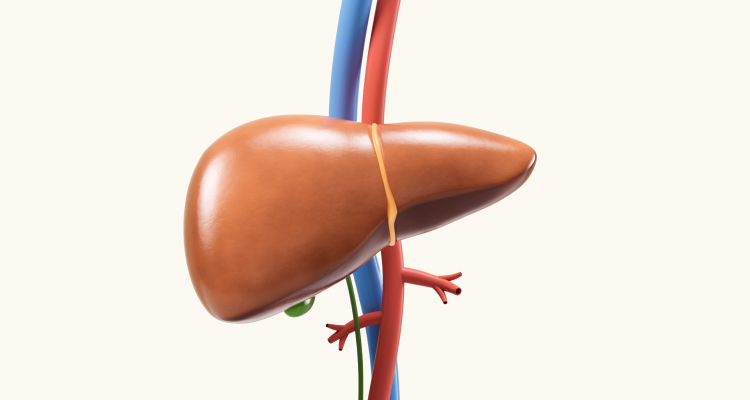Hypertension, commonly known as high blood pressure, is a prevalent medical condition affecting millions worldwide. Characterized by elevated pressure in the arteries, hypertension is often deemed a silent killer due to its asymptomatic nature. It occurs when the force of blood against the artery walls is consistently too high. This condition strains the heart, arteries, and other organs, leading to long-term damage if left uncontrolled.
Complications of Uncontrolled Hypertension
Cardiovascular Diseases
Uncontrolled hypertension significantly increases the risk of developing various cardiovascular conditions, such as coronary artery disease, heart failure, and stroke.
Renal (Kidney) Damage
Persistent high blood pressure can damage the kidneys‘ filtering units (nephrons), impairing their ability to remove waste and excess fluids from the body. This can lead to chronic kidney disease and, eventually, kidney failure.
Vision Issues
Hypertension can affect the blood vessels supplying the eyes, leading to vision problems and even blindness, caused by retinopathy or optic neuropathy.
Cognitive Decline
Growing evidence suggests a link between hypertension and cognitive impairment, including dementia and Alzheimer’s disease.
Ayurvedic View On Hypertension
In Ayurveda, hypertension is believed to result from an imbalance in the doshas—primarily Pitta and Vata. The treatment approach focuses on restoring harmony to the body and mind through lifestyle modifications, dietary changes, herbal remedies, and stress management techniques. By following Ayurvedic principles, one can prevent complications and lead a healthier, happier life.
Preventing Complications in a Holistic Way
We recommend focusing on a combined approach involving herbal supplements, yoga, diet, and lifestyle modifications to prevent complications of hypertension.
Yoga and Pranayama
Regular yoga asanas (postures) and pranayama (breathing exercises) help reduce stress, calm the mind, and improve blood circulation—supporting healthy blood pressure regulation.
Engaging in moderate, regular exercise, such as walking, swimming, or gentle stretching, also improves cardiovascular health and helps manage hypertension.
Dietary Guidelines
Focus on consuming fresh, low-sodium, and whole foods such as fruits, vegetables, whole grains, and lean proteins.
Incorporate herbs and spices known for their blood pressure-lowering properties, such as garlic, turmeric, and ginger.
Herbal Supplements
Herbs like Terminalia arjuna, Bacopa monnieri, and Ashwagandha (Withania somnifera) have been scientifically shown to lower blood pressure and support healthy heart function, reducing the risk of complications.
The Live Your Best Life Approach
At Live Your Best Life, we view hypertension not just as a number on a monitor but as a signal from the body calling for balance. Our care is preventive, personalized, and holistic—going beyond short-term blood pressure control to address root causes and strengthen long-term cardiovascular resilience.
By combining Ayurveda, modern insights, and tailored lifestyle guidance, we help you recognize early patterns, adopt sustainable practices, and protect against complications, such as stroke, kidney disease, and cognitive decline.
Key Components of Our Approach:
- Root Cause Management: Addressing imbalances in digestion, stress, and lifestyle that drive hypertension.
- Personalized Care Plans: Tailored guidance combining diet, yoga, pranayama, stress management, and science-backed Ayurvedic supplements.
- Holistic Lifestyle Support: Practical tools, such as mindful eating, structured daily routines, and integrative yoga therapy, to prevent flare-ups.
- Evidence-Based Herbal Support: Safe, effective use of herbs like Arjuna, Ashwagandha, and Brahmi to support heart health and reduce complications.
- Preventive Focus: Empowering individuals to strengthen their hearts, protect against complications, and sustain long-term well-being.
Conclusion
By embracing the Live Your Best Life Approach and incorporating lifestyle modifications, dietary changes, herbal remedies, and stress management techniques, individuals can support their journey towards optimal blood pressure control and overall well-being.

